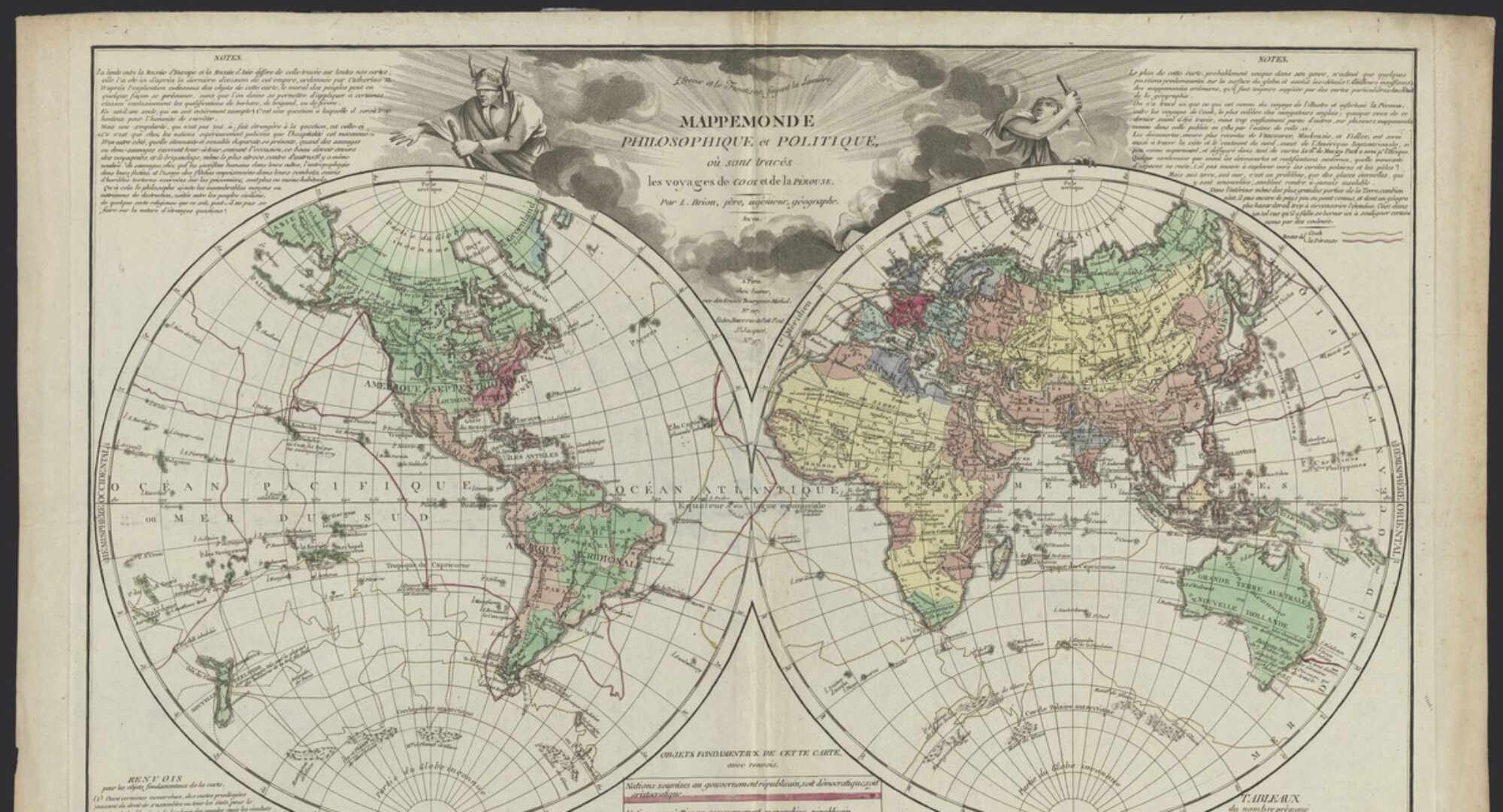“History as Violence: Hindutva’s War and the Battlefield of India” Public Lecture by Shruti Kapila (Cambridge University) – 1 November 2016
Abstract
Often described as ‘conspiratorial’ and a form of ‘crypto nationalism’, Hindutva (political Hinduism/Hindu nationalism) was articulated simultaneously with Gandhi’s assertion and signature politics of nonviolence in the last century. Hindutva was a new name as an attempt to bridge the empty gap between the political and Hinduism. Secrecy, fraternity, territory inasmuch as blood and the significance of history and its writing were foundational to the conceptual repertoire of Hindutva. The overarching idea of war and the political as a war formation, rendered Hindutva a specifically twentieth century ideology. In elaborating these themes, and contrary to dominant understandings, Kapila argued that Hindutva is not the expression of ‘Hindu nationalism’ signifying a variant form of Indian nationalism — authentic, hidden or fabricated. Instead, as a distinct theory of violence, Hindutva as elaborated by its ideologue, Savarkar, is a series of conditions of enmity for a potential and new fraternity. As a political idea, Hindutva conceptualised enmity as perpetual while detaching India from its territorial specificities and transforming it into a battlefield. The lecture contextualised Hindutva in global intellectual history and the political thought of conservatism and fascism.
Biography
Dr. Shruti Kapila lectures and researches on modern Indian history, political thought and global history at the Faculty of History and is Fellow and Director of Studies at Corpus Christi College, University of Cambridge. She is editor of An Intellectual History for India (CUP, 2010) and co-editor of Political Thought in Action: The Bhagavad Gita and Modern India (CUP, 2013). She is currently completing a book on political ideologies and violence in twentieth century India. She has published on political thought, global intellectual history and violence in Modern Intellectual History, Past and Present, Social Text and serves on the editorial board of the Journal of History of Ideas. She also does commentary most recently on Indian elections for BBC (radio and television) Bloomberg TV and Al-Jazeera and for print media including, Financial Times, Economic Times, Outlook and Indian Express.
“Towards a Global Intellectual History of ‘Mirrors of Princes'” Workshop with Hilde de Weerdt – 18 October 2016
Abstract
Eurasian elites in medieval times shared not only luxury items, marriage ties, or military practices that set them off from the populations they sought to rule, but also political ideas and practices whose changing appeal in different contexts can be examined in political advice literature. Some work has already been done on the shared features of Christian and Islamic political advice manuals but the comparative and connective studies typically stop at the Indian border. In this presentation de Weerdt focused on the best-known Chinese “mirror,” The Essentials of Government in the Zhenguan Reign, a classic to which both Korean and Chinese leaders still pay tribute. De Weerdt discussed its emergence as a product of the tensions between Eurasian military aristocrats and Chinese scholar-officials and then investigeated how we can move towards a transcultural history of ideas about rulership and ministerial power in very different contexts through the transmission history of this text in the worlds of Japanese samurai, Tangut and Khitan rulers, Mongol and Manchu emperors, and Chinese literati who learned about it in a variety of literary, theatrical, and historical adaptations as well as in translations of The Essentials itself.
Biography
Hilde De Weerdt works on imperial Chinese intellectual and political history focusing on the question of how elite networks shaped Chinese politics. Her first book is an intellectual history of the civil service examinations. Her latest book examines the formation of a new information regime in imperial Chinese history, characterized by the production and dissemination of court- and polity-related texts by cultural elites (literati) instead of the court and high officialdom. It also examines the impact of this shift in cultural production on political identities and the structure of the polity.
“Empires and the Law of Nations: A Contribution to the Critical History of International Law” Public Lecture by Jennifer Pitts (Chicago) – 22 January 2016
Abstract
International law is in important respects a product of the history of European commercial and imperial expansion, and it proved a powerful discourse in that context, supplying both justifications and criticisms of imperial actions, as recent scholarship has shown. Law of nations discourse could also efface the imperial aspect of European states and deny theoretical space for the consideration of imperial violence, by conceptualizing states as territorially compact nations rather than the global empires that the most powerful of them were, and by misleadingly depicting the international realm as a community of free and equal nations. This lecture considered the relationship between empire and international law in the work of the two European political and legal thinkers who had, arguably, the greatest global influence in the first decades of the nineteenth century, Emer de Vattel and Jeremy Bentham, and some implications for later understandings of international law and the extra-European world.
Biography
Jennifer Pitts is Associate Professor of Political Science at the University of Chicago. She is author of A Turn to Empire: The Rise of Imperial Liberalism in Britain and France (Princeton 2005) and editor and translator of Alexis de Tocqueville: Writings on Empire and Slavery (Johns Hopkins 2001). She is currently working on a book, tentatively entitled Boundaries of the International, which explores European debates over legal relations with extra-European societies during the eighteenth and nineteenth centuries.
